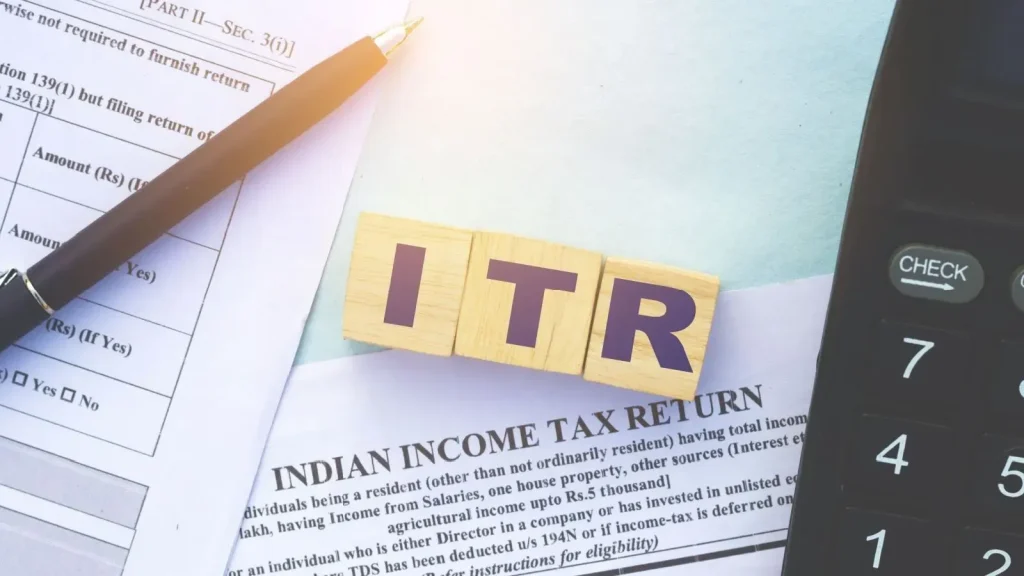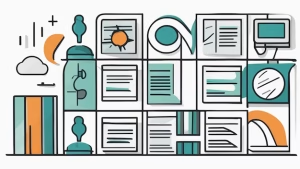6 Common Tax Filing Mistakes (and How to Avoid Them)

Filing taxes is something most people only think about once a year, but even small errors on a return can lead to bigger headaches down the line—like delays, missed deductions, penalties, or even audits. Whether you file on your own or with professional help, understanding the most common tax filing mistakes can save you time, money, and stress.
Here are six frequent tax mistakes and practical steps you can take to avoid them.
1. Filing with Incorrect or Incomplete Information
It might seem obvious, but one of the most common mistakes on tax returns is incorrect personal information. This includes misspelled names, wrong Social Security numbers, outdated addresses, or missing banking information for direct deposit.
Even a small typo can result in a rejected return or delayed refund.
How to avoid it:
Before filing, double-check all personal information. Make sure names match exactly with what’s on your Social Security card and that all Social Security numbers, dates of birth, and bank details are entered correctly. If you’ve changed your name or moved, update your records with the IRS and Social Security Administration.
2. Forgetting to Report All Income
Many taxpayers remember to report their primary W-2 income but forget about other sources—like freelance gigs, side jobs, investment earnings, or unemployment benefits. Omitting income, even unintentionally, can trigger penalties or IRS notices.
How to avoid it:
Keep track of all income sources throughout the year and collect the necessary tax documents (W-2s, 1099s, etc.). If you do gig work or freelance, maintain records of your payments and expenses. When in doubt, report the income—it’s better to over-report than to leave something out.
3. Missing Out on Deductions and Credits
Tax deductions and credits can significantly reduce the amount of tax you owe—but many people miss them because they don’t know what’s available or assume they don’t qualify. Commonly missed items include:
- Student loan interest
- Retirement contributions
- Childcare costs
- Medical expenses
- Education credits
- Home office deductions (for eligible taxpayers)
How to avoid it:
Take time to research what deductions or credits apply to your situation. Tax software can help guide you, but if your finances are more complex, consider working with a tax professional who can help you uncover opportunities you might otherwise miss.
4. Filing Late or Not at All
It’s easy to procrastinate on filing taxes, especially if you think you owe money. But ignoring tax deadlines can lead to late filing penalties, interest charges, and more stress than simply addressing the issue early.
How to avoid it:
Mark tax deadlines on your calendar and give yourself plenty of time to gather documents. If you can’t file by the due date, request an extension—but remember, an extension to file is not an extension to pay. You’ll still need to estimate and pay what you owe by the deadline to avoid interest and penalties.
5. Choosing the Wrong Filing Status
Your filing status affects your tax bracket, standard deduction, and eligibility for various credits. Choosing the wrong one—especially between “single” and “head of household,” or “married filing jointly” vs. “married filing separately”—can lead to overpaying or underpaying your taxes.
How to avoid it:
Review IRS guidelines for each filing status and select the one that best fits your current situation. If your status has changed (for example, due to marriage, divorce, or supporting a dependent), take the time to understand the tax implications. If you’re unsure, a tax advisor can help you make the best choice.
6. Math Errors and Miscalculations
Even with modern tax software, math mistakes still happen. Miscalculating income, tax owed, or refund amounts can lead to IRS notices and delayed processing. This is especially true when entering numbers manually or switching between forms.
How to avoid it:
Use reliable tax software or a professional service that automatically calculates your tax figures and checks for inconsistencies. If you’re filing by hand, double-check every line—and consider using a calculator or spreadsheet to verify totals.
Final Thoughts
Filing taxes doesn’t have to be a stressful experience, but the consequences of common mistakes can be serious. Whether it’s a small typo or a major oversight, errors can lead to costly corrections or missed opportunities.
The key to avoiding tax troubles is preparation. Keep good records throughout the year, stay informed about current tax rules, and don’t rush through the process just to check it off your list. And if your tax situation is more complex—or you’re simply not confident doing it alone—there’s no harm in seeking professional help. In fact, it often pays for itself in saved time and reduced risk.
Taking a careful, informed approach to your taxes can give you peace of mind—and maybe even a bigger refund. We recommend Tax Crunch.




